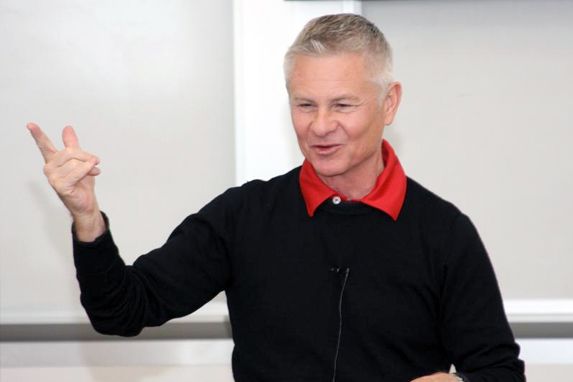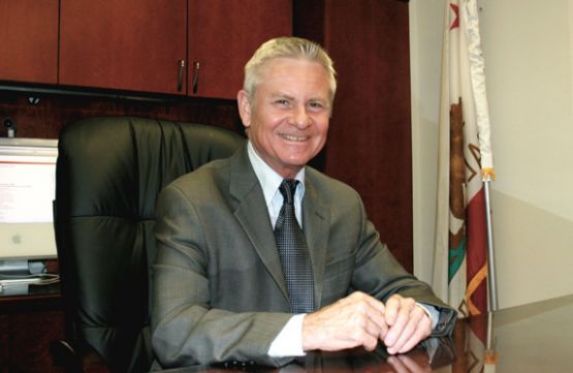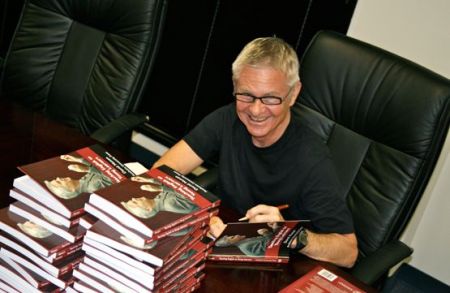
EDUCATION (3)
Building Bridges
Written by Hong Kong JournalBuilding Bridges
The importance of knowing as much as we can about our learners
Back in the 1980s, I published a book with Cambridge University Press called The Learner-Centred Curriculum. The book was based on research I had done at the time exploring the attitudes, perceptions and beliefs of learners. The rationale for this research was that if learners are to acquire another language (or anything else, for that matter), they are the ones who have to do the learning.
GLOBAL EDUCATOR DAVID NUNAN
Written by Hong Kong JournalWorld-acclaimed linguist and language educator Dr. David Nunan shares his own personal learning experiences from his 30 years in the classroom.
Only connect
ONE of the joys of being an English language teacher for non-native English speakers is the opportunity to meet a diversity of individuals from different cultures and walks of life. Over the years, I have taught (and learned from) thousands of students of all ages and backgrounds. Occasionally I bump into former students and listen eagerly to the stories they tell me about their lives, from their successes and failures to their triumphs and tragedies. Once or twice at the end of a conversation, a former student has said, “Thank you for teaching me. You changed my life.” Hyperbole, perhaps, but for a teacher nothing is more rewarding than that from a former student.
I recently traveled to Tokyo to give a talk at an event organized by one of my publishers. The event took place in the meeting room of a city hotel. During the talk, I had noticed a Japanese gentleman sitting somewhat apart from the rest of the group in the last row of chairs in the room. He was older than most of the rest of the audience and better dressed. He looked less like a teacher than a middle-aged businessman. After the talk, some of the more enthusiastic listeners came up and plied me with questions. Rather than leaving the room, the middle-aged man approached and hovered on the fringe.
When the last of the audience had drifted away, he came up to me rather diffidently and offered his hand. “Dr. Nunan?” he asked.
—“That’s right,” I replied.
—“You don’t remember me, do you?”
I had to plead guilty to the question. I had no idea who he was.
GLOBAL EDUCATOR DAVID NUNAN
Written by Hong Kong JournalEducating Sanjay
ALL of the tables in the coffee shop were taken. I looked around and saw an Indian man in his early thirties at a large table near the entrance. I raised an eyebrow, and he smiled and nodded, so I slid my tray onto the table and took the seat opposite him. A large handbag was hooked over the edge of the table. He noticed me looking at it and laughed.
“No,” he said, “it’s not a man-bag. It belongs to my wife.”
“Oh, I hope I’m not…”
“No,” he said. “She’s gone to pick up my son from the school bus.”
He introduced himself as Kapil, as in Kapil Dev, the great Indian cricketer. “But call me Kap. Everybody does,” he said. He told me he was a banker, adding that he is ”between jobs.” That’s like a lot of bankers in Hong Kong during the global financial crisis that never seemed to end. He had a British accent of indeterminate provenance, and I asked him where he was from. “Harrow,’ he said. “Just outside London. I was born and raised there but have spent most of my working life in Asia – Singapore, Tokyo and now Hong Kong.”
I finished my coffee and was about to depart when Kap’s wife appeared with their four-year-old son. The boy rushed to his dad for a cuddle, and then produced a painting from his backpack. He pushed it across the table for Kap’s approval.













